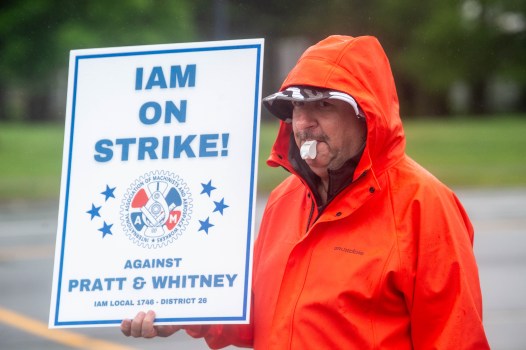Navigating Health Insurance in Times of Uncertainty: What You Need to Know
Health insurance plays a critical role in safeguarding your physical and financial well-being. Yet, recent events—from large-scale provider switchover issues to widespread labor strikes—show just how fragile access to reliable coverage can be. Whether you rely on employer-sponsored benefits or public and private plans, understanding your insurance options is vital, especially during unexpected disruptions.

Why Health Insurance Stability Matters
Losing insurance coverage, even temporarily, can be stressful and risky. Interruptions in coverage often mean facing high out-of-pocket medical expenses, gaps in care, and increased anxiety. For those with ongoing treatments or chronic conditions, such as therapy or prescription medication, missing coverage can have serious consequences.
A powerful example is the recent chaos faced by military families and healthcare providers during a nationwide Tricare insurance switchover. Many families struggled to get reimbursed, while small clinics near military bases risked closure due to delayed payments. For patients and providers alike, this instability eroded trust and underscored the importance of stable, transparent insurance plans.
What Happens If Your Employer Coverage Ends?
Strikes and workplace changes can threaten not only your paycheck but also your access to health insurance. Just ask the Pratt & Whitney workers recently on strike in Connecticut. Over a thousand employees lost their health benefits, which caused widespread concern for their families’ health and finances.
Fortunately, affected workers were able to explore alternatives using the state health insurance marketplace, which can often provide better coverage than COBRA at a lower cost. State officials quickly coordinated sessions to guide families through their options, offering a lifeline during a stressful period. These kinds of solutions demonstrate the importance of knowing your fallback options before an insurance gap occurs.
Navigating Plan Changes and Out-of-Network Providers
Insurance transitions often create confusion, especially when new administrators take charge or when provider networks shift. During the Tricare switchover, some families discovered that their doctors were suddenly out-of-network. This led to denied claims and up-front payments that many could not afford. Mental health care and specialized therapies were especially impacted, according to firsthand reports shared with national news outlets.
If you find yourself in a similar situation, it is crucial to:
- Confirm which providers remain in-network under your new or existing plan.
- Contact your insurance representative for written clarifications about coverage.
- Know your appeal rights if claims are denied or delayed.
- Seek assistance from advocacy groups if your care is at risk.
Protecting Yourself During Insurance Transitions
Sudden changes to your insurance can happen to anyone—be it through a change of jobs, a strike, or a provider contract dispute. Here’s how to minimize disruption:
- Monitor Communication: Read every letter or email from your insurer or employer. Deadlines and enrollment windows often come with little notice.
- Understand Marketplace Options: If employer coverage is lost, investigate state or federal healthcare marketplaces (like Access Health CT) promptly. They often cover preexisting conditions and can be more affordable than other solutions.
- Document Everything: Keep records of your payments, claims, and correspondence. This helps if you need to dispute a bill or appeal a denial.
- Reach Out for Support: Lean on local officials, unions, and health advocates. Their guidance can help you navigate available insurance programs during difficult periods.
For a real-world example of marketplace enrollment during a work stoppage, read NBC Connecticut’s in-depth report on how Pratt & Whitney workers managed the insurance gap.
Conclusion: Be Proactive—Your Insurance Matters
The security provided by robust insurance coverage cannot be overstated. As labor actions, administrative errors, and sudden employer changes become more frequent, it pays to proactively understand your insurance choices. Stay informed, ask questions, and don’t hesitate to seek help from official channels and advocacy groups. In an era of uncertainty, the best defense is preparation. Protect your health, your family, and your future by making insurance a priority today.